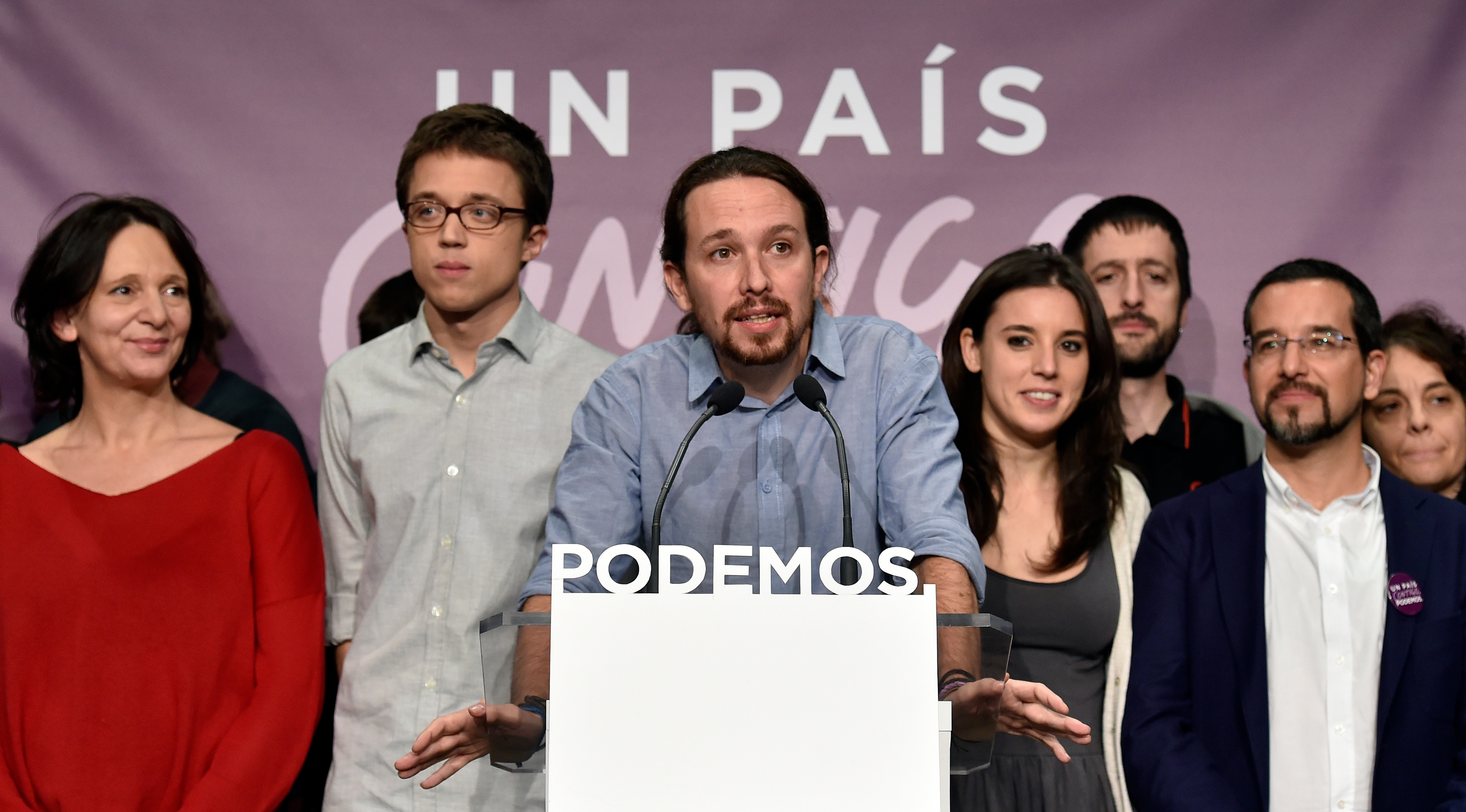If you hear any of your friends refer to the rise of Podemos in Spain as a revolution, please buy them a dictionary for Christmas.
For far from representing the sweeping aside of the political establishment by a new, angry class in society — which is what a revolution is — the success of Podemos speaks to the emergence of simply a different kind of political elite.
Let’s call them politico-academics, former inhabitants of the ivory tower, who are armed with PhDs rather than cudgels, and who are more likely to install a Dictatorship of the Professors than a Dictatorship of the Proletariat.
This isn’t to distract from the enormity of what has happened. That Podemos won 20% of the vote is remarkable, considering this anti-austerity party was founded just over a year ago.
But the success of Podemos speaks more to the corrosion of the old, two-party politics than it does to the rise of a truly new politics, far less a newly confident constituency.
The crisis of the old right-left divide, manifesting itself in myriad ways across Europe, is the real driver of events in Spain, not the programme of Podemos — which is not especially coherent, never mind spine-tingling.

Britain’s best politics newsletters
You get two free articles each week when you sign up to The Spectator’s emails.
Already a subscriber? Log in









Comments
Join the debate for just £1 a month
Be part of the conversation with other Spectator readers by getting your first three months for £3.
UNLOCK ACCESS Just £1 a monthAlready a subscriber? Log in